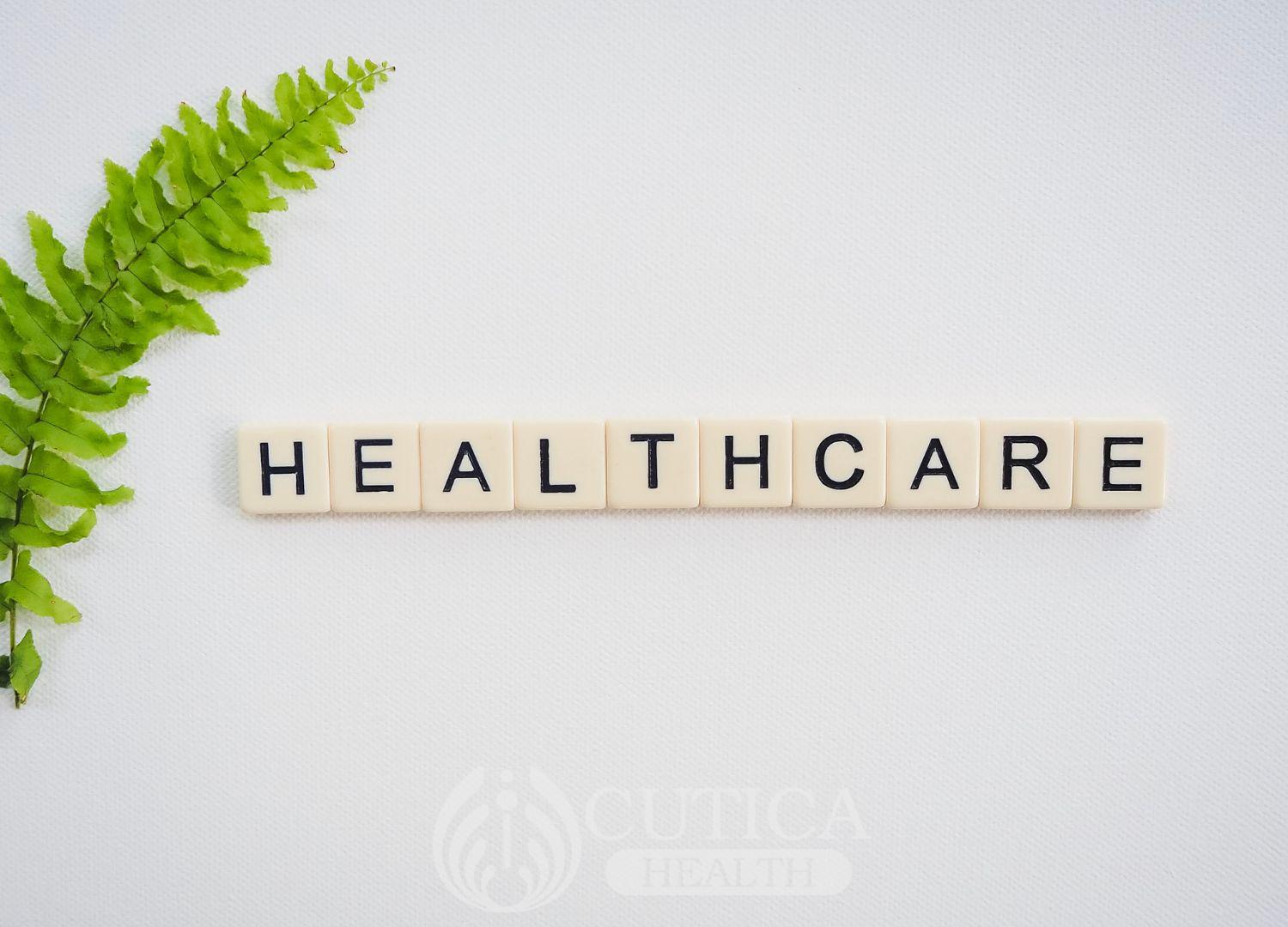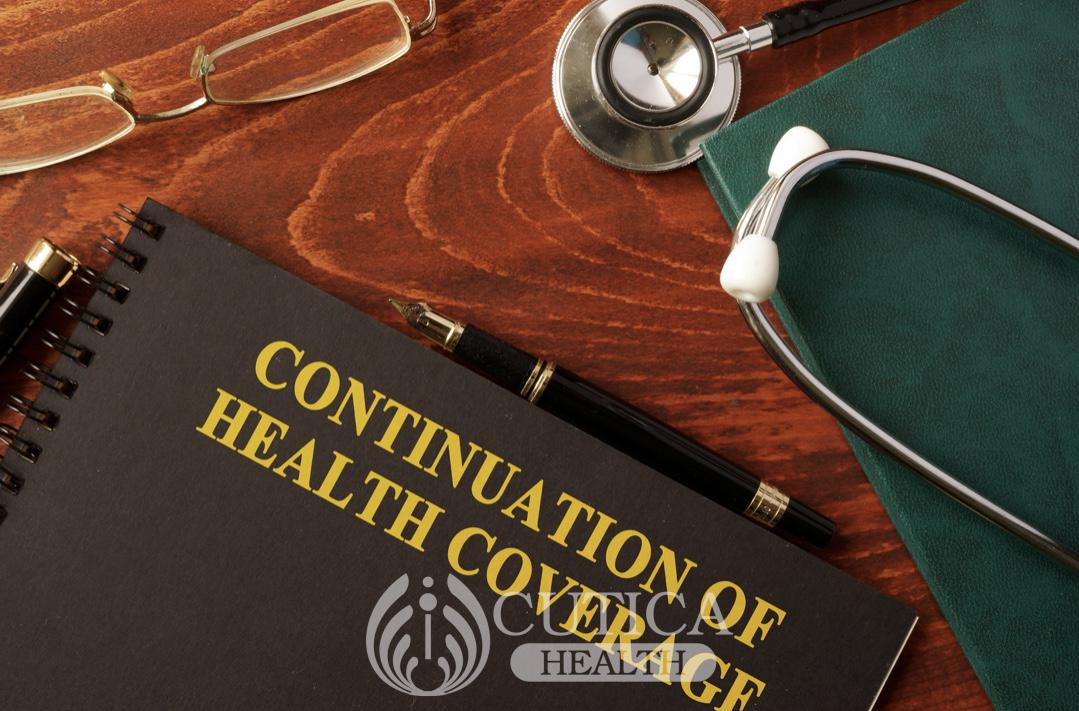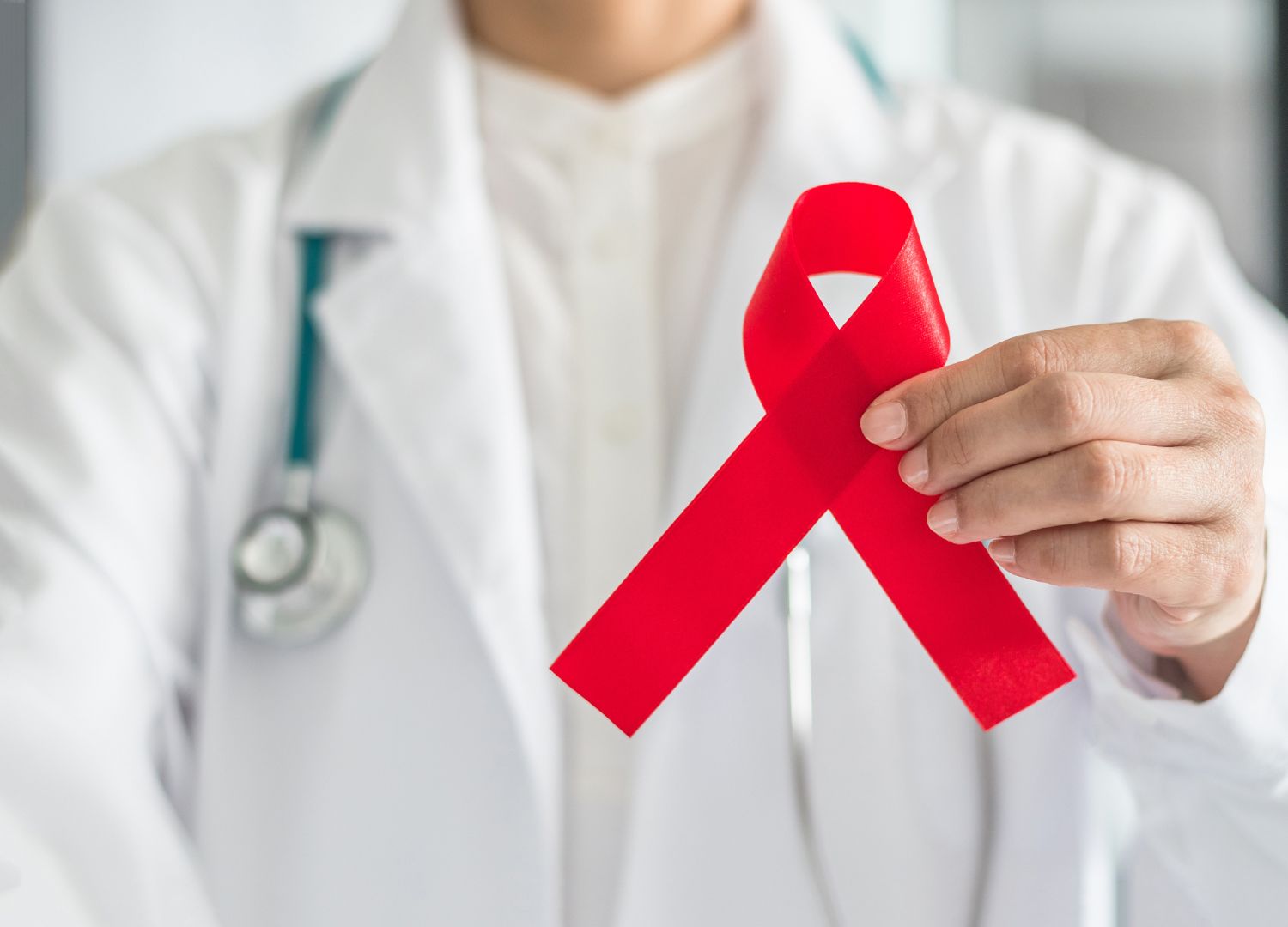
Many common prescription medications on the market have fake versions that are often far cheaper, less effective, and have greater health risks. These counterfeit drugs are being produced and distributed every day to unsuspecting buyers at the detriment of their health. Here, we describe what counterfeit drugs are and how to avoid them.
What are Counterfeit Drugs?

Counterfeit drugs are medicines that are produced to look exactly like actual branded or generic drugs but do not have the correct constitution of the genuine drug. In many cases, the counterfeit drug does not even contain any of the constituents of the real drug.
Manufacturers of these drugs may even create the exact packaging of the actual drug to deceive unsuspecting buyers. However, these medicines are not produced by the manufacturers of the genuine versions..
The problem with fake drugs is not only in their inefficacy or ineffectiveness but also in their chemical compositions. Many of these fake drugs have inactive constituents, such as chalk, which may be harmful to the body. These chemicals may cause health problems such as allergies, organ failure, or even death.
Therefore, the health problems of fake drugs are dual and include; 1) problems resulting from the ineffectiveness of these medicines to treat the ongoing condition, and; 2) problems resulting from the direct effects of the medicines.
Now that you are aware of the dangers inherent in using a counterfeit medicine, you need to know how to recognize and avoid them.
How to Avoid Fake Drugs
While manufacturers of fake drugs may produce them to look just like the real ones, there are certain nuances that give them away. Here are proven ways to avoid purchasing a counterfeit medicine:
Know your Drug

Do you know how a genuine medication looks like? This is the first step in avoiding a counterfeit medication - Visual inspection.
When you receive your medication, pay attention to the physical details - the appearance of the drug, the packaging, and the instructions about its usage. Here are things to look out for when inspecting the drug.
- Examine the package and check for any defects in its appearance: Is the lettering difficult to read? Are the prints flat rather than raised? Are the expiry dates missing? Is the batch number missing? Are there spelling errors? Are the manufacturer’s address and contact details missing? Are the manufacturer’s license and registration numbers missing?
A positive response to these questions are clues that the medication may be fake.
- Check for the security seal of the package: Drugs whose package seals have been broken or tampered with are more likely to be counterfeit.
- Check for the drug’s registration number: A drug with no registration number of the appropriate drug agency (such as National Agency for Food and Drug Administration and Control (NAFDAC) number for drugs sold in Nigeria and the drug listing number or National drug code for drugs in the United States) is likely to be fake.
Also, if this number is present but not clearly printed, it may be fake.
- Check the appearance of the drug: Do not overlook unusual crystals on the wall of the containing bottle or on the tablet. These may be signs that the medication is counterfeit. Also, if the drug looks crushed, broken, or abraded, it may be fake.
Furthermore, if you notice an abnormal discoloration on the tablet, this may also suggest foul play. Fake medications also have abnormal softening, hardening, or swelling.
- Price: The price may also be a sign that a drug is fake. If you come across an unusually cheap brand of a medication you use, the brand may be fake. Although some fake drugs may cost as much or even more than the genuine ones.
Buy from a Reputable Pharmacy

Chances are slim that you will be given a counterfeit drug from a reputable pharmacy. Avoid buying your medications from unregistered drug stores or open markets. The chances are very high that you will purchase a fake drug from these dealers. This is because these sources are unregulated and unsupervised, therefore, can easily partake in the fake drug business.
Online pharmacy stores are not exempted from this scrutiny. Ensure you order drugs from approved online pharmacies. Approved online pharmacy sites carry standard seals, such as the Verified Internet Pharmacy Practice Sites (VIPPS) for online drug stores in the United States.
Report any Suspicious Drugs

If your drug tastes differently from previous ones you have used or if you develop unusual side effects such as allergic reactions, the drug may be counterfeit. If you have these concerns, discontinue the drug and report to your healthcare provider and contact your local drug control agency.
Drugs are designed to help us fight off illnesses and diseases but with counterfeits infiltrating the market, it may be difficult for people to get rid of these diseases. With the recommendations in this article, you not only increase your chances of buying standard, high-quality drugs, but you also reduce or even eliminate your chances of using counterfeit medications. This keeps you safe and healthy at all times.












